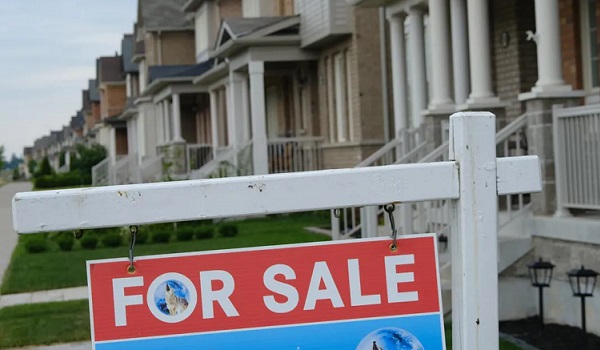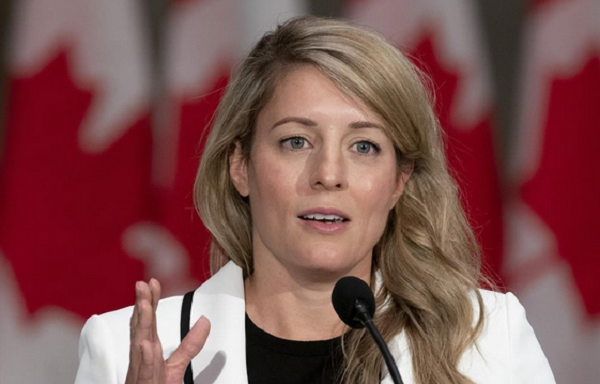Bigger tax bill could hit real estate investors, cottage owners following feds proposal to increase capital gains
Canadian mom and pop investors and cottage owners could be hit with a bigger tax bill when they sell following the federal government’s proposal to increase taxes for multi-property owners, experts say. However, investors’ appetite for shoring up more property likely won’t be dampened by the move.
Finance Minister Chrystia Freeland delivered a federal budget Tuesday proposing to increase the capital gains inclusion rate, which refers to the taxable share of profit made on the sale of assets.
For individuals, the taxable portion of capital gains above $250,000 would rise from half to two-thirds and for corporations and trusts, all capital gains regardless of amount will be taxed at the two-thirds inclusion rate. The federal government says the raise in capital gains will provide nearly $20 billion in revenue over five years. If adopted the new rules come into effect on June 25.
“I know there will be many voices raised in protest. No one likes paying more tax, even — or perhaps particularly — those who can afford it the most,” said Freeland. “But before they complain too bitterly, I would like Canada’s one per cent — Canada’s 0.1 per cent — to consider this: What kind of Canada do you want to live in?”
Robert McLister, mortgage strategist at Mortgage Logic News, said investors will be hit differently depending on how much money they gained for the sale. “The tax difference can be significant or not depending on how big the gain is,” he added.
A home that sold for $400,000 more than the original price would result in the individual paying around $13,000 more in tax. If a home sold for $1.5 million more than the original price, they’ll pay around $111,500 more in tax.
According to a 2023 Royal LePage survey, conducted by Leger, 11 per cent of Canadians — approximately 4.4 million people — invest in residential real estate. Sixty-four per cent of residential real estate investors own one property, and 32 per cent own two or more.
“This government sells this capital gains tax grab as sticking it to the rich,” said McLister. “What the Liberals didn’t advertise is that millions of everyday Canadians will now pay the price.”
The tax increase also includes cottage and recreational property owners who decide to sell or gift the property, said Robert Kavcic, senior economist at BMO. If they sell or gift the property and it has appreciated by more than $250,000 they’ll be subject to the higher tax, he added.
According to the Canada Revenue Agency, giving a cottage or recreational property to your spouse or common-law partner does not trigger capital gains or losses. The higher capital gains rate would therefore only kick in if the receiving spouse or common-law partner disposed of the property after June 24 and the gain was more than $250,000, McLister said.
Investing in real estate won’t take a big hit from the recent tax changes, experts say. In Toronto, the average home price has almost doubled in a decade, proving real estate is a lucrative asset.
“This won’t change investment behaviour too much,” said Kavcic. “Investors are more focused on a cash flow perspective and growth over time, so this doesn’t really change the calculous.”
Some investors may wish to sell their property before the end of June to avoid the higher tax but it won’t result in a flood of sales, said John Pasalis, president of real estate brokerage Realosophy.
“There may be more investors who have a decent amount of equity in their home and want to hold on for longer and see how it plays out,” he said, adding they may want to wait until after an election as the policy could be reversed under a Conservative government.
“People don’t like paying taxes, and any increase in capital gains (tax) disincentives investors to sell.”
With files from Canadian Press.
This article was first reported by The Star












